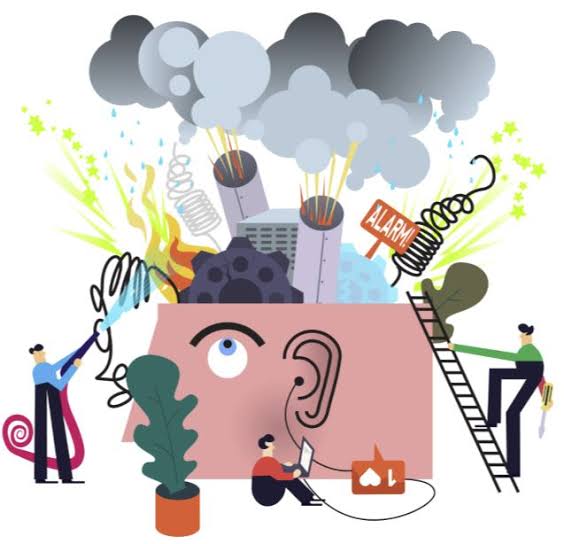#mentalhealth
#MentalHealthAwarenessMonth
🧵🧵🧵
Antisocial Personality Disorder is a mental disorder characterized by a disregard for the rights of others.
It is part of the Cluster B personality disorders, which are characterized by dramatic, emotional, and erratic behavior.
#MentalHealthAwarenessMonth
🧵🧵🧵
Antisocial Personality Disorder is a mental disorder characterized by a disregard for the rights of others.
It is part of the Cluster B personality disorders, which are characterized by dramatic, emotional, and erratic behavior.
Symptoms of Antisocial Personality Disorder
⚡ Repeatedly breaking the law and engaging in criminal behavior.
⚡ Repeatedly breaking the law and engaging in criminal behavior.
⚡ A pattern of deceitfulness, including lying, using aliases, and conning others for personal gain.
⚡ Impulsivity and failure to plan ahead.
⚡ Irritability and aggressiveness, including physical fights and assaults.
⚡ Reckless disregard for the safety of oneself or others.
⚡ Consistent irresponsibility, such as failure to honor financial obligations or maintain consistent employment.
⚡ Lack of remorse or guilt for one's actions, including when others are harmed.
⚡ A disregard for social norms and rules, including cultural and legal norms.
⚡ A tendency to engage in risky or dangerous behavior without regard for potential consequences.
⚡ A history of frequent lying or deceit to others, often for personal gain.
⚡ Difficulty maintaining relationships and a tendency to use and exploit others for personal gain.
⚡ A lack of empathy or concern for the feelings or well-being of others.
⚡ A tendency to blame others for one's own problems and difficulties.
⚡ Chronic boredom and a need for excitement or stimulation, often leading to impulsive and reckless behavior.
⚡ A history of early conduct problems, such as truancy, delinquency, and substance abuse.
@threadreaderapp unroll
• • •
Missing some Tweet in this thread? You can try to
force a refresh

 Read on Twitter
Read on Twitter









